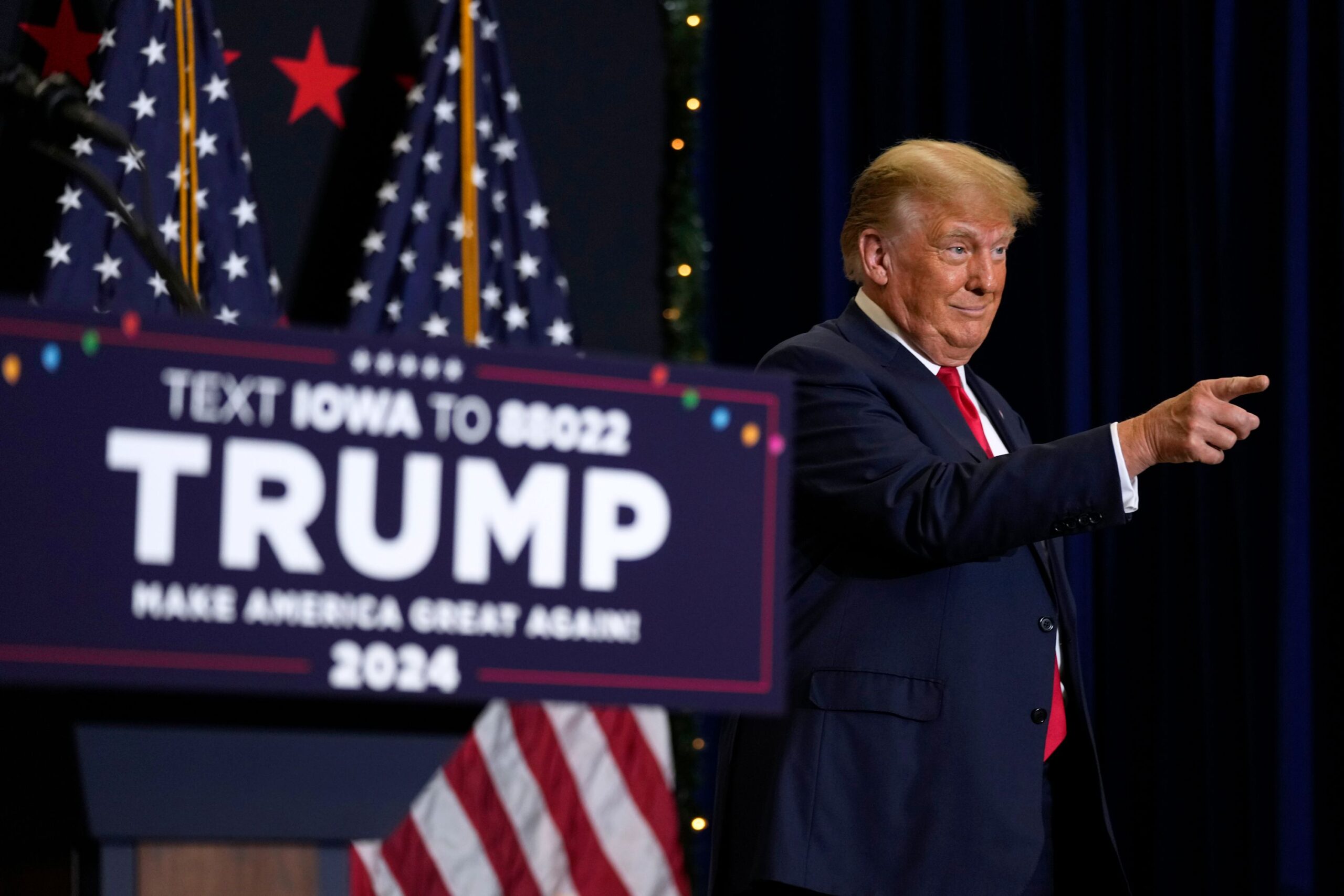In a historic ruling on Tuesday, the Colorado Supreme Court declared that former President Donald Trump is constitutionally ineligible to run for office in 2024. The court cited the 14th Amendment’s ban on insurrectionists holding public office as applicable to Trump’s actions on January 6, 2021. However, the court has temporarily suspended its decision to allow Trump to appeal to the US Supreme Court, which his campaign has confirmed he will do promptly.
Implications of the Ruling for the 2024 Election
The ruling could potentially secure Trump’s spot on the Colorado GOP primary ballot in March, provided the US Supreme Court does not expedite its decision. The ruling is a significant victory for liberal groups and constitutional scholars who have advocated for such 14th Amendment lawsuits, despite their slim chances of success. However, legal experts agree that this decision is not the final word, and all eyes are now on the US Supreme Court as it prepares to handle a series of major Trump-related cases.
Trump’s Involvement in Insurrection, According to the Court
The Colorado Supreme Court upheld the trial judge’s conclusions that the January 6 assault on the US Capitol was an insurrection and that Trump “engaged in” that insurrection. These are crucial legal hurdles that the challengers needed to overcome before Trump could be removed from any ballot. The court also affirmed the decision that Trump’s January 6 speech at the Ellipse was not protected by the First Amendment.
Applicability of the ‘Insurrectionist Ban’ to Trump
The justices disagreed with the trial judge on one key issue, reversing her controversial decision that the “insurrectionist ban” applies to every office except the presidency. The high court argued that the Presidency is indeed an ‘office’ and therefore, the ban applies to it as well. This was the crux of their decision to disqualify Trump.
The US Supreme Court’s Role in the Final Decision
The case is now headed to the US Supreme Court, and it remains uncertain how the justices will handle it. The speed at which they decide to take up the appeal, whether they hold oral arguments, and how quickly they issue a final decision will all have implications for the political calendar.
Impact of the Paused Ruling on Trump’s Campaign
The ruling stated that if Trump appeals to the Supreme Court by January 4, the decision will be paused until the nation’s highest court announces whether it will take the case and, if it does, until it hands down its final decision. This means that even if Trump remains on the primary ballot and wins the GOP nomination, he could still be disqualified for the general election.
Dissents Could Pave the Way for Trump’s Victory
The dissents from the sharply divided 4-3 court offer some legal foundations for Trump to overturn the historic ruling when he inevitably appeals to the US Supreme Court. One justice concluded that a candidate shouldn’t be disqualified under the 14th Amendment if they haven’t been convicted of insurrection, which is a federal crime. Another justice raised due process concerns and said only Congress has the power to enforce the ban.
Colorado Justices Acknowledge the Historic Nature of the Case
The majority opinion acknowledged that the case forced them to “travel in uncharted territory” and that the case “presents several issues of first impression.” The case provides yet another solemn reminder of how Trump made history by becoming the first president to try to stay in power after losing.

